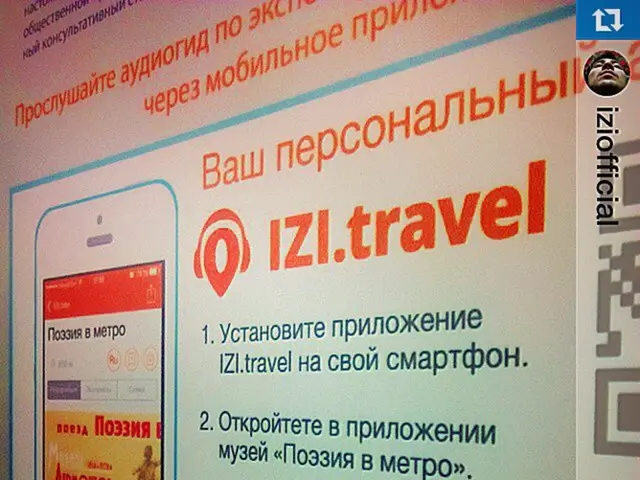Phone Support's Decline: Younger Generations Drive Change, Companies Adapt with AI Chatbots
The preference for phone support in customer service is shifting, with younger generations driving the change. Meanwhile, companies are investing in technology to improve productivity and customer experience.
A significant 68% of U.S. consumers still prefer phone support, but this is changing as Gen Zs and younger Millennials, more comfortable with technology, become a major economic force. This creates an investment paradox, as companies push for self-service tools despite the enduring preference for human interaction.
In Germany, companies like Fahrrad XXL are embracing chatbot technology. By automating customer service, they've reduced manual inquiries by 45%, accelerated processing by 30%, and increased customer satisfaction by 20% through 24/7 chatbot availability. Consulting firms like FRANKEN-CONSULTING and BOTfriends are helping companies optimize processes with AI chatbots that handle up to 80% of requests autonomously, reducing response times and enhancing customer satisfaction.
Companies are investing in productivity tools, with chatbots seen as a powerful tool for enhancing productivity. A recent survey found that 40% of organizations consider self-service solutions the best value for money, with personalization coming in second. However, there's inconsistency in how organizations pursue goals of productivity, efficiency, and customer-friendliness.
While 68% of customers still prefer talking to a live human being, especially for complex problems, successful companies are integrating digital efficiency and human connection. They use self-service for simple tasks and ensure a seamless handoff to humans when needed. With 79% of consumers valuing personalization, companies investing in improving personalization may gain a competitive edge. However, failing to provide self-service options can lead to customers taking their business elsewhere, as seen in the 34% who have done so due to the absence of self-service.







